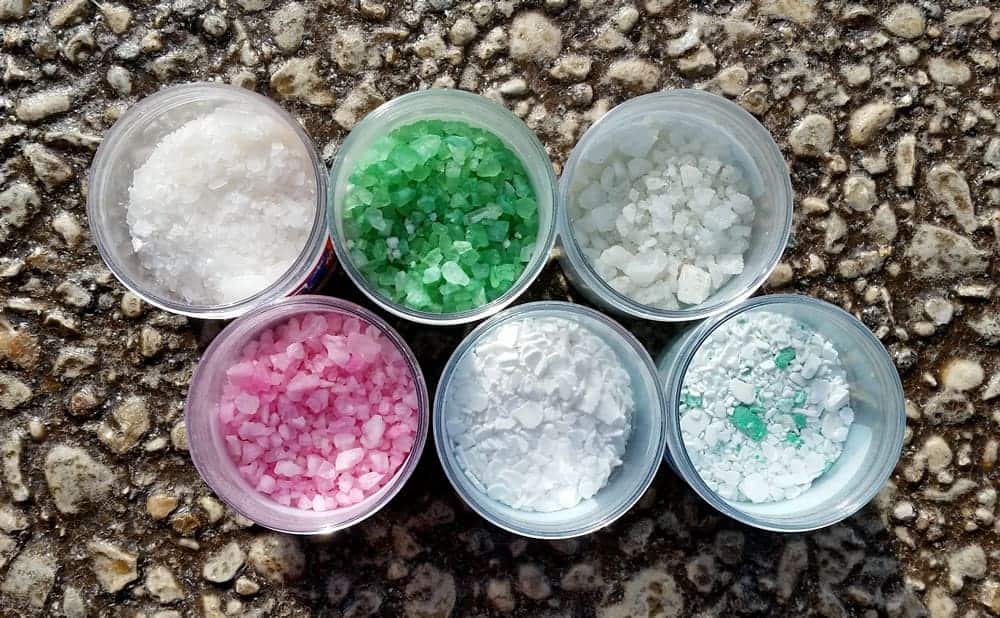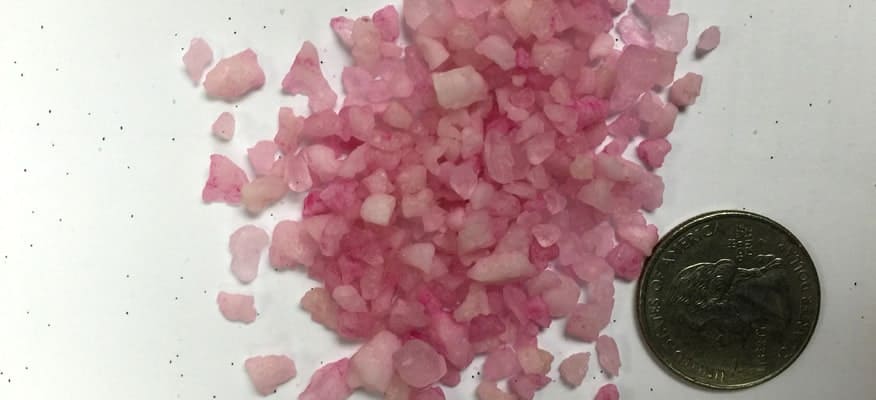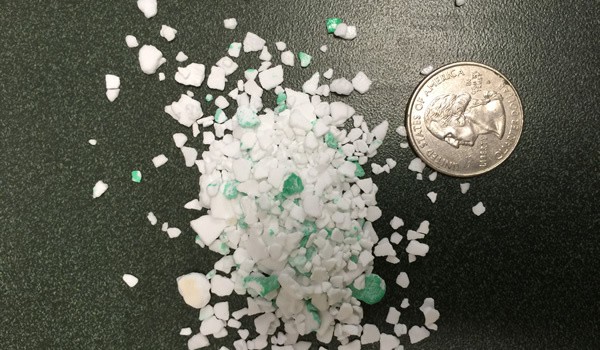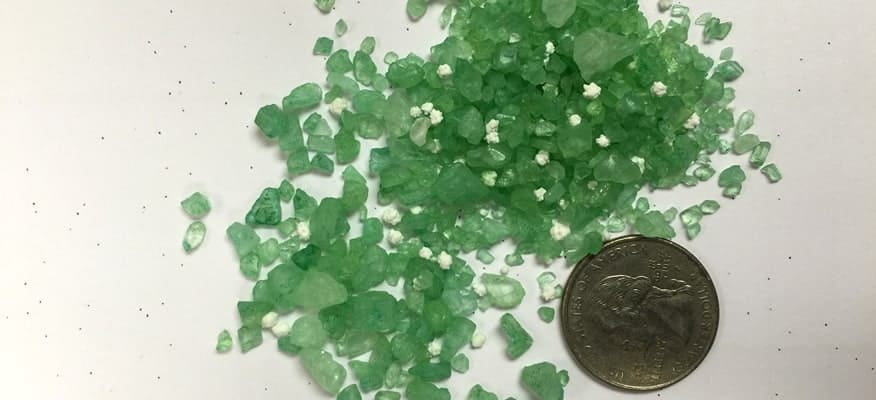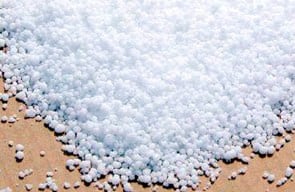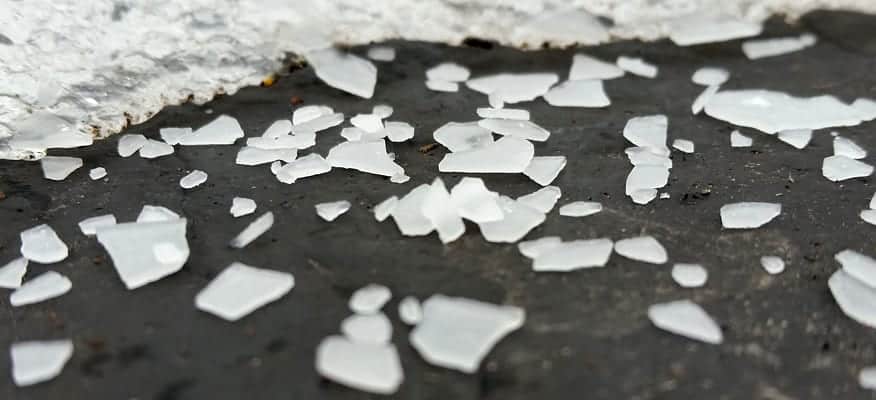Ice may be the perfect ingredient for a family outing: Ice Capades, ice skating, ice hockey being among the first things people think about. But in our business, ice is a serious matter. Every year approximately 900 people are killed and 76,000 injured due to snow and ice-related vehicle crashes. So how do you choose the right ice melt material?
Those of us living in the Washington DC area are all too familiar with this particular form of winter precipitation. You never know when a nasty ice storm might make an appearance and create a dangerous situation. It is always a good idea to be prepared when it comes to winter weather. One of the best ways to stay prepared when it comes to ice is to always keep a bag of premium ice melt on hand.
We Can Help You Decide
We know that it can be overwhelming with all the different types of ice melt. Here at SISUC, we want to make sure you get the perfect ice melt for you and your business. So over the next few weeks, we will be breaking down the different types of snow and ice melts. We will talk about the differences between them and for what they work best. We will give you all the pros and cons in hopes that it will help you make the decision of what snow and ice melt works best for you and your business.
Magnesium Chloride Ice Melt
The first snow and ice melt we will be discussing this week is Magnesium Chloride. Before we get started into the pros and cons let’s dive into what Magnesium Chloride even is.
Magnesium Chloride (MgCl2) is a chemical compound. It can be extracted from brine or seawater. Magnesium Chloride is also drawn from ancient seabeds. It is even sometimes made from solar excavation of seawaters. In North America, Magnesium Chloride is primarily sourced from Great Salt Lake brine. Magnesium Chloride has many uses including dust control, erosion prevention, medicine, food, gardening, and finally as ice melt.
The Pros And Cons Of Magnesium Chloride
Now let’s talk a dive into how Magnesium Chloride works as a snow and ice melt. Magnesium Chloride works amazingly as a low-temperature road, driveway, sidewalk, and parking lot de-icer. It stays effective to -5 degrees Fahrenheit. It is fast-acting and minimally damaging to the environment. It is also non-toxic for people and pets. Because Magnesium Chloride is hygroscopic (which simply means that it absorbs moisture) it melts at a quick rate. And also leaves little to no residue behind.
While there are many advantages to using this particular chemical compound, one of the downsides of Magnesium Chloride ice melt is that it is more expensive than some of the other ice melt. It can also damage plants if too much is applied. And if the Magnesium Chloride absorbs too much water it can leave the pavement wet for longer.
Two Different Forms
Magnesium Chloride ice melt comes in both flakes and pellets. The main difference between the flakes and pellets is that the flakes are flatter which allows them to stick to the ground better. So in windier conditions, the flakes might be a better fit. Pellets are preferred for pavement distribution because it is easier to funnel through a vehicle-mounted salt/chemical spreader.
We Are Here To Help YOU!
We hope that this article helped you understand more about Magnesium Chloride. If you feel like Magnesium Chloride is a good fit for you and your business CALL US! We will be more than happy to answer any questions you have!

